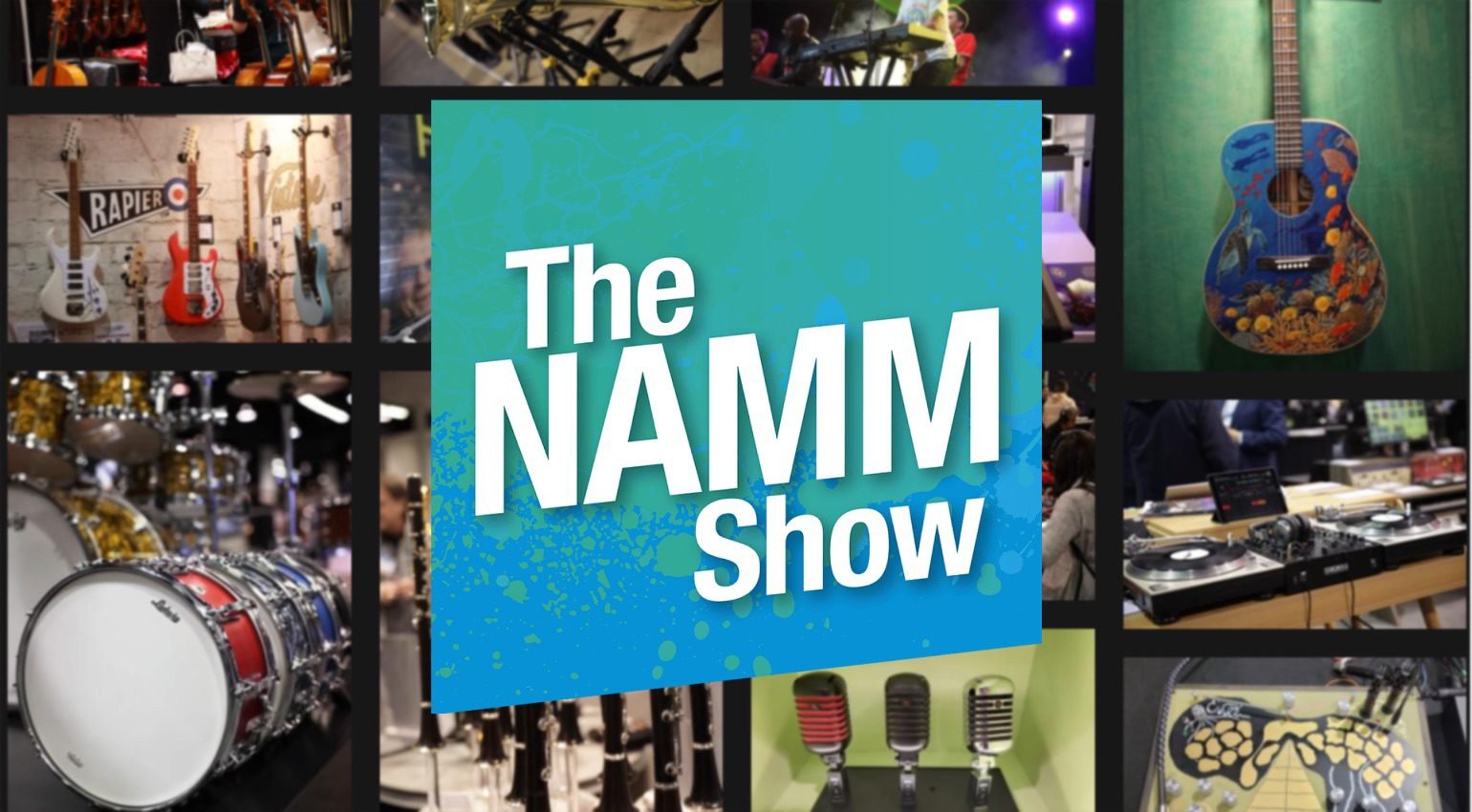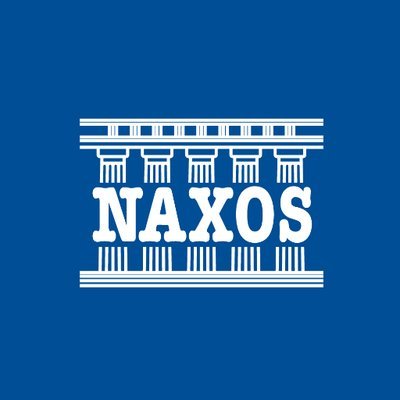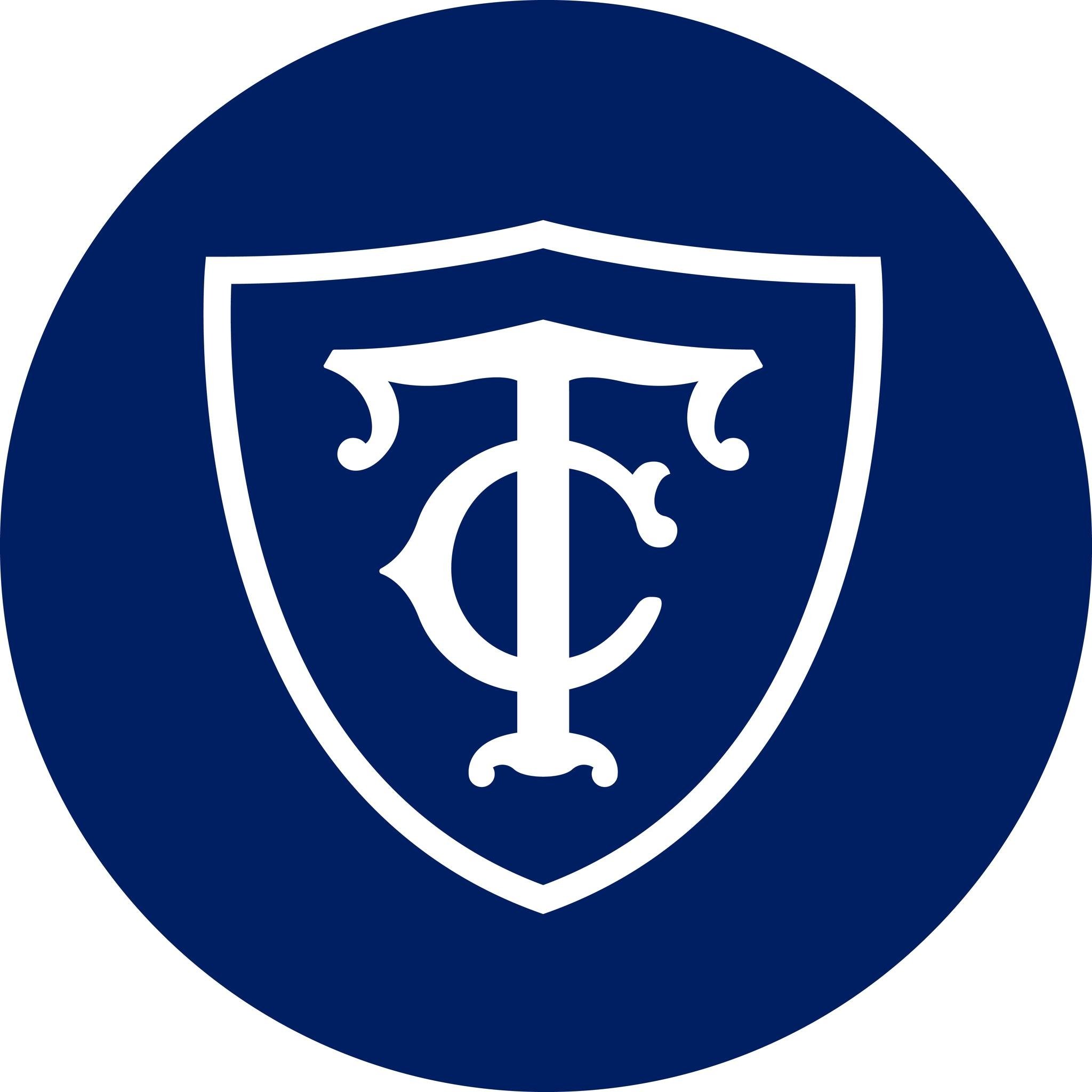
NAMM/SCSBOA Wrap Up
This week I am in Anaheim California attending both the NAMM Show and the SCSBOA Conference (Southern California School Band & Orchestra Association) on behalf of MusicFirst. You don’t have to twist my arm very hard to convince me to spend a few days in January out here in beautiful SoCal. I have been coming out to the NAMM Show for years and this is the first show since before Covid that feels like the old days. Lots of musical instrument manufacturers are back and its good to know that my friend John Mlynczak, the new President and CEO of NAMM, is at the helm. NAMM is a great place to see the latest products from music companies from around the world, but the best part is meeting up with the many friends I have made over the years in this industry, including my dear friends Barbara Freedman, Jenny Amaya, Mike Lawson, Shawna Longo, Dr. Tim Lautzenheiser, Marcia Neel, David Smolover, Steven Raft, and many, many more.

Resource: Rick Beato - What Makes This Song Great?
I am out in Anaheim California this week for the NAMM Show and the SCSBOA Conference. While sitting in a Starbucks yesterday morning I noticed one of my all-time favorite YouTube personalities walk in - Rick Beato. If you don’t already know Rick, he is an incredible musician who makes all types of YouTube videos that focus on music, including interviews, tutorials, and more. My favorite series of videos though is his What Makes This Song Great? series. In the series, Rick breaks down some of rock and roll’s greatest hits (115 of them) and really analyzes every aspect of the song - from the melody, to the harmony, to the rhythms and lyrics. These videos are REALLY good and Rick is a gifted educator. Here is the playlist that includes ALL of his WMIG videos:

Resource: How Sound Works
This past week, I taught a class on How Sound Works as a part of my teaching duties at Montclair State University. I am REALLY enjoying teaching undergraduate music students about music technology at my alma mater, and I have been spending an inordinate amount of time preparing for each class. My syllabus takes on the topic of How Sound Works, and I will admit that I learned a TON of new information in my preparation. I figured it might also be useful information for any music teacher who wants to teach their students about this fundamental topic.

Flat for Education & PracticeFirst - Perfect Together
At MusicFirst, we offer all of the best cloud-based software for music educators and their students, and one of my favorite things is when two companies work together to create an ideal solution for our customers. One such collaboration is the incredible integration between Flat for Education and PracticeFirst. Flat for Education is a wonderful notation solution for music teachers. Easy to use, lots of wonderful features, a large collection of worksheets, and even live collaboration. My personal favorite feature is one that they released a few years ago, and I’m not sure that everyone knows about it. It is a direct export feature that allows you to take any score that you are working on in Flat and export it directly to PracticeFirst - our world-class performance assessment software offering. It is amazing. Here is a video that illustrates how it works:

My 100th Podcast Episode!
I am one of those people who commits 100% when I decide to do something. When I was approached 5 years ago to create a podcast, I thought quite a bit before saying yes. I have seen SO many well-intentioned folks start podcasting and then give up a few episodes in. I TOTALLY get it. I’m just not that type of person. This morning, the 100th episode of my podcast titled Profiles in Teaching with Technology was released, and I thought that this would be a good time to reflect on the past 5 years, the MANY amazing educators I have interviewed, and the future of the podcast. I hope you’ll indulge me a little here.

Introducing Focus On Sound PRO
Focus On Sound is an amazing multimedia music encyclopedia to develop listening skills, theory, composing, and musical knowledge. It is included with all MusicFirst Classroom subscriptions. The software offers hundreds of lessons, which can be displayed in a special mode for use in a whole class setting. In addition, there are support materials available, such as a multimedia encyclopedia of instruments and terminology, which have been created by teachers for teachers. Up until now, if a teacher wanted to create their own content to supplement the offering, they would have to do so outside of the software - not very convenient. Focus On Sound PRO changes all that. Beginning next month. teachers will be able to upgrade their existing Focus On Sound accounts to the PRO version, for an additional $1 per user per year. I am so excited to finally get this in the hands of US music educators. Focus On Sound PRO has been widely in use in the UK for the past few years, and teachers LOVE it.

Resource: Music Will Homepage
I spent a lot of time with my good friend Dr. Bryan Powell this past weekend at the EMEA 2024 Conference. Bryan is the Chief Program Officer at Music Will - one of my favorite music education organizations (formerly Little Kids Rock). At the conference, Bryan presented some terrific sessions that highlighted the work that Music Will does in bringing the concept of Modern Band to schools across the world. I have always known about the amazing work that this organization does, but never really took a deep dive into the available resources on their homepage. What an amazing resource for teachers.

EMEA 2024 Wrap Up
Hello from Stuttgart, Germany! Or should I say Guten Tag? This week I am presenting sessions on behalf of MusicFirst at the EMEA 2024 Conference. Last year I attended this conference in Vicenza, Italy and I had SUCH a great time getting to know the music educators from the US Department of Defense Education Activity (DoDEA) School System and I am THRILLED to be back again this year. There are some wonderful presenters here with me, including my good friend Dr. Bryan Powell, Dr. Peter Boonshaft, Dr. Deb Confredo, and many others. The conference is being held at the Patch Middle School at the Patch Barracks, US Army Garrison in Stuttgart.

Lesson Plan: Composing Music for Podcasts in Soundtrap
In this lesson, students will learn how to create 30-second musical compositions that will serve as the Intro and Outro music to their podcasts by utilizing the Soundtrap Loop Library. This lesson can be successfully completed by anyone – no prior music skills required! It is a part of the Podcasting Across the Curriculum publication that I wrote for MusicFirst. I hope you find this lesson plan useful!

Tool: ImTranslator
Yesterday in the MusicFirst Teams Company chat, I saw a post by Matt Ferry - one of our amazing Education Managers - alerting us to an absolutely INCREDIBLE tool called ImTranslator. ImTranslator is a FREE Chrome browser extension that translates text, phrases and webpages between more than 100 languages using translation providers: Google, Microsoft Bing, Yandex. At first it doesn’t sound that exciting - I know. Another translation tool? Yawn. This tool is different. It translates all of the text that appears on any website instantly into one of 100 languages. What this means is that if you teach any ESL or ELL students and use online tools such as the MusicFirst Classroom, all you need to do is turn on the ImTranslator extension, and your students will be able to complete ANY assignment in ANY online software in their native language.

Introducing O-Gen Plus!
O-Generator is one of my all-time favorite pieces of software, and I am THRILLED to announce that a brand new version will be available soon to MusicFirst customers. Introducing O-Gen Plus! This new version, which will be launched this April, is a whole new O-Generator - featuring a completely redesigned interface, three different views for students to create music, new sounds, MIDI device capability, and much, much more! I am absolutely thrilled that students and teachers will have a new way to create music - accessible to ALL students - no matter their music making experience.

Happy Public Domain Day 2024!
Each year on January 1st, while most people are sleeping in after a night of celebrating, a new crop of intellectual property enters the Public Domain. Simply put, a bunch of art, music, literature and more become freely available and are no longer protected by copyright. Public Domain Day 2024 is a VERY interesting one, as some of the most iconic images, films, music and literature are now free to use however you’d like, including a very well known mouse.

Midwest 2023 Recap
I closed out my travel for 2023 with a trip to the Midwest Band & Orchestra Clinic in Chicago. I haven’t been to Midwest since 2019, so it was great to catch up with friends, industry colleagues, former students, and teachers. I participated in a wonderful panel discussion that focused on life after teaching in a classroom. I shared the panel with some incredible educators, moderated by my good friend Walt Straiton. To be honest, even though this conference is amazing, I’m always a little reluctant to go because its so close to the holidays, Chicago in the winter often means travel woes, and by this time of year, I’m exhausted from all of the travel I do. That said, I had a wonderful time this year and look forward to coming back in the future.

MusicFirst Partners with Naxos for Education
This week, I am at the Midwest Band & Orchestra Clinic in Chicago on behalf of MusicFirst. Aside from being a panelist on a session today titled Extending Your Reach: The Quilted Career with some music education luminaries, one of the things that I am most excited about is the announcement of our new partnership with Naxos Music Library and Naxos MusicBox. This partnership will bring educators the most comprehensive classical music streaming platform to help enrich the musial lives of their students in 2024. This collaboration will grant MusicFirst Classroom subscribers seamless access to both the Naxos Music Library and the Naxos MusicBox, unlocking a world of musical possibilities for educators and their students.

No. AI Won’t Replace Music Teachers.
If you’ve been reading my blog over the past year, you probably have noticed that I have been thinking a LOT about AI and it’s impact on music creation and music teaching. During that time I have had dozens of conversations with music educators from around the world who all share a similar fear - that AI will replace them. I’m telling you now - that won’t happen. While AI has some incredible potential in the world of music and will continue to be a transformative and disruptive force, it cannot and will not replace music educators - or classroom educators in general. I’m talking specifically about PK-12 educators here. Below are 3 BIG reasons that should calm any fears that educators might have about losing their job to an AI bot.

Stairway to Heaven - performed by a high school group. At a concert?
I know I’ve been light on posts recently due to a VERY hectic schedule, but I recently stumbled on this incredible video that was posted by Duncan Ferguson, a music educator in New Zealand who does incredible things - including mixing the audio on this performance. The video is the finale from the 2023 Prizegiving ceremony for St. Andrews College - an independent high school in Christchurch - at the Wolfbrook Arena. This performance brings together the school orchestra, senior choir and rock musicians for an epic ending to the Prizegiving ceremony.

Project Idea: Concert Program Notes
Want to give your students a fun project while simultaneously making your upcoming Winter Concert a lot easier? Check out this project idea that I wrote for my Podcasting Across the Curriculum publication in the MusicFirst Classroom. Rather than either announcing the pieces yourself from the stage or writing a script for your students to read, simply create student groups to research each piece that is being performed on the concert, record short podcasts that provide program notes, add QR codes to your printed program, and away you go! I hope that this project is something you can do with your students.

The Hyperscore Challenge
It’s been a while since my last post. It’s been a very busy couple of weeks. During that time I received an email from June Kinoshita, Executive Director of New Harmony Line, creators of one of my favorite musical creativity software programs, Hyperscore. Hyperscore is an innovative, game-like music composition tool originally developed at the MIT Media Lab, recently updated as a completely web-based application. Hyperscore has an engaging visual graphic interface that allows students of all ages and all musical skill levels to compose music freely with intuition and creativity. MusicFirst is a very proud reseller of Hyperscore. June wrote to me to tell me about the Hyperscore Challenge. The challenge is to use Hyperscore to complete a musical composition and share it online or at an in-person performance on June 21, 2024, which is Make Music Day, a global celebration of music-making. Whether you currently use Hyperscore with your students or this is the first time you’ve ever heard of the program, New Harmony Line is offering FREE access to students and teachers when you register for the event. Here is how it works:

6 Music Organizations to Support on Giving Tuesday
If you are looking for wonderful organizations to support on Giving Tuesday, here are 6 of my absolute favorites. All of them support music making and creation and I hope that you’ll consider lending your support today and in the future with a financial donation.

Moving On
I have been a member of the Teachers College Columbia University family for 30 years. I received my Master of Arts in Music Education in 1996, and my Doctor of Education in Music Education in 2002. I have been teaching all of the music technology courses there since January of 1999. I have met so many incredible music educators in my time there, and I have been a very proud faculty member for 25 years. Sadly, the end of this semester will mark the end of my tenure at TC. I have decided to move on to other exciting teaching opportunities. I’d like to take this opportunity to thank Dr. Hal Abeles for giving me the chance to teach at one of the premier institutions in the world, and to the many esteemed colleagues, former students, and fellow graduate students who represent some of the brightest minds in our profession.